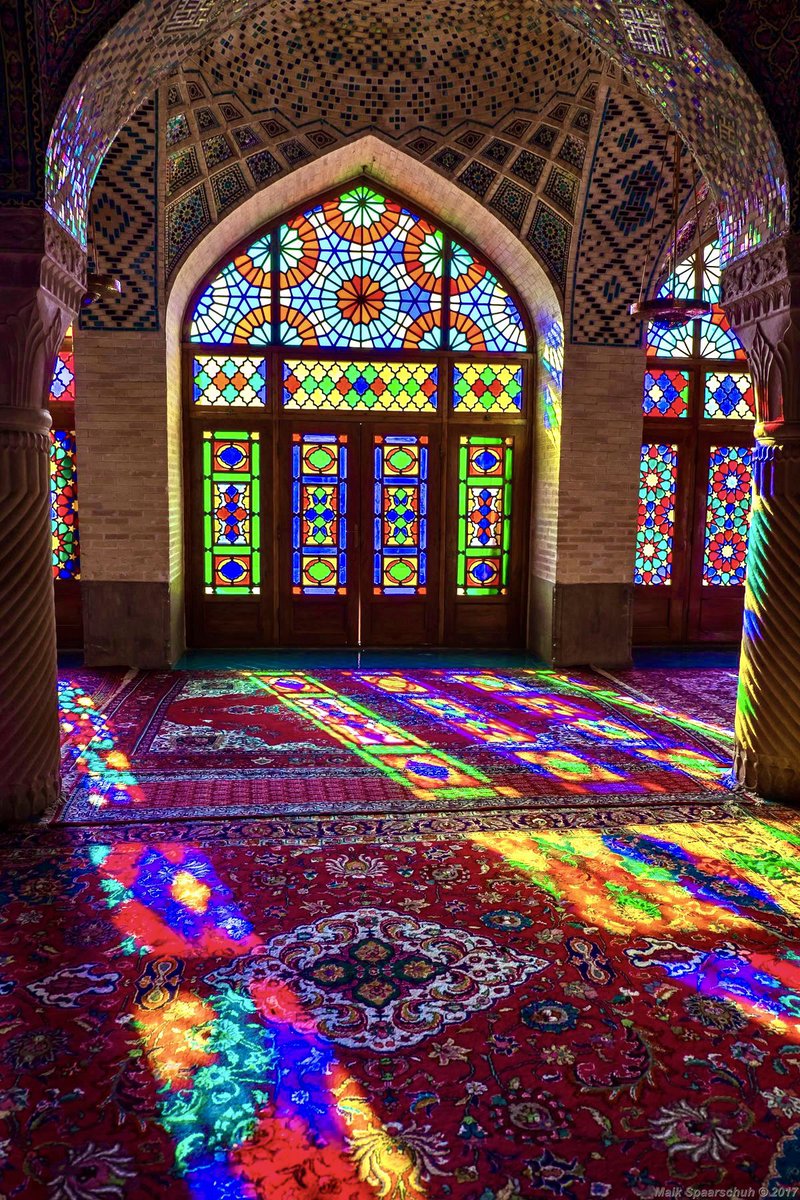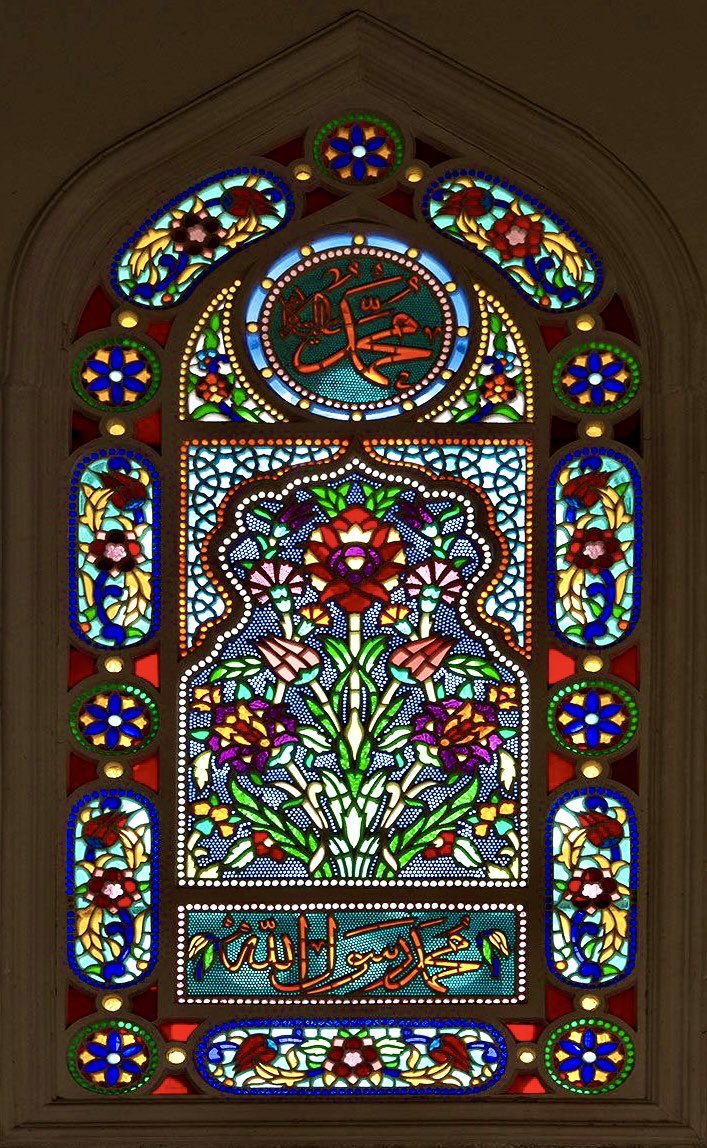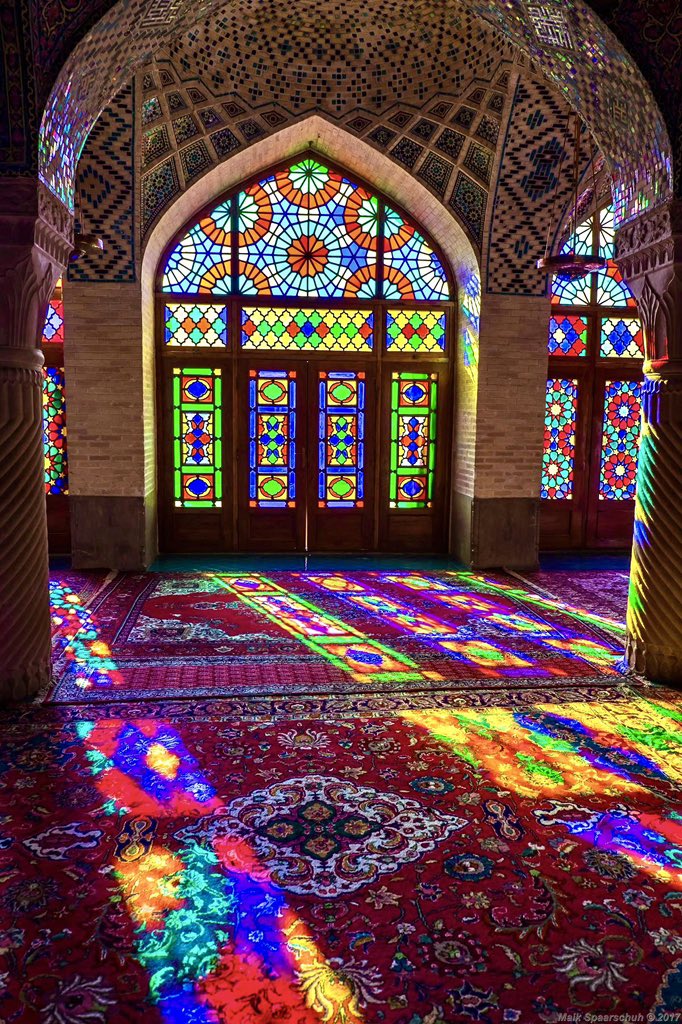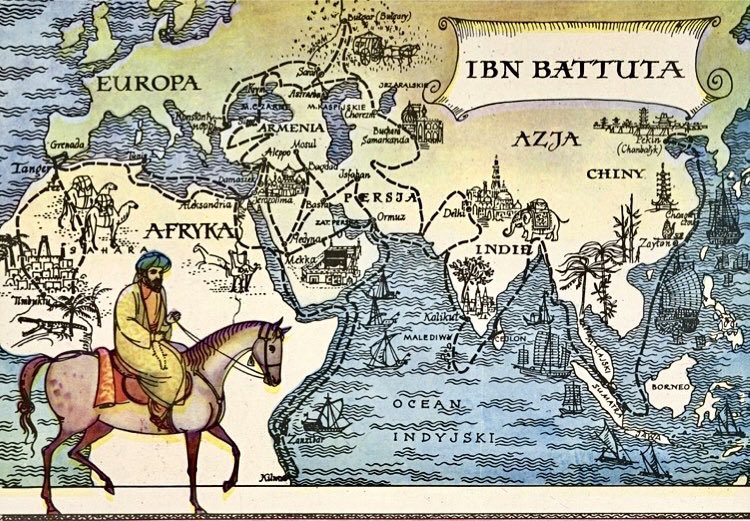Every Friday, Muslims read Surah Al Kahf - Chapter 18 in the Qur’an. It is believed to be a reminder that Allah has the perfect timing. Never early, never late. It is full of stories that teach patience, gratitude & humility
A thread on the wisdom of Surah Al Kahf #JummahMubarak
A thread on the wisdom of Surah Al Kahf #JummahMubarak
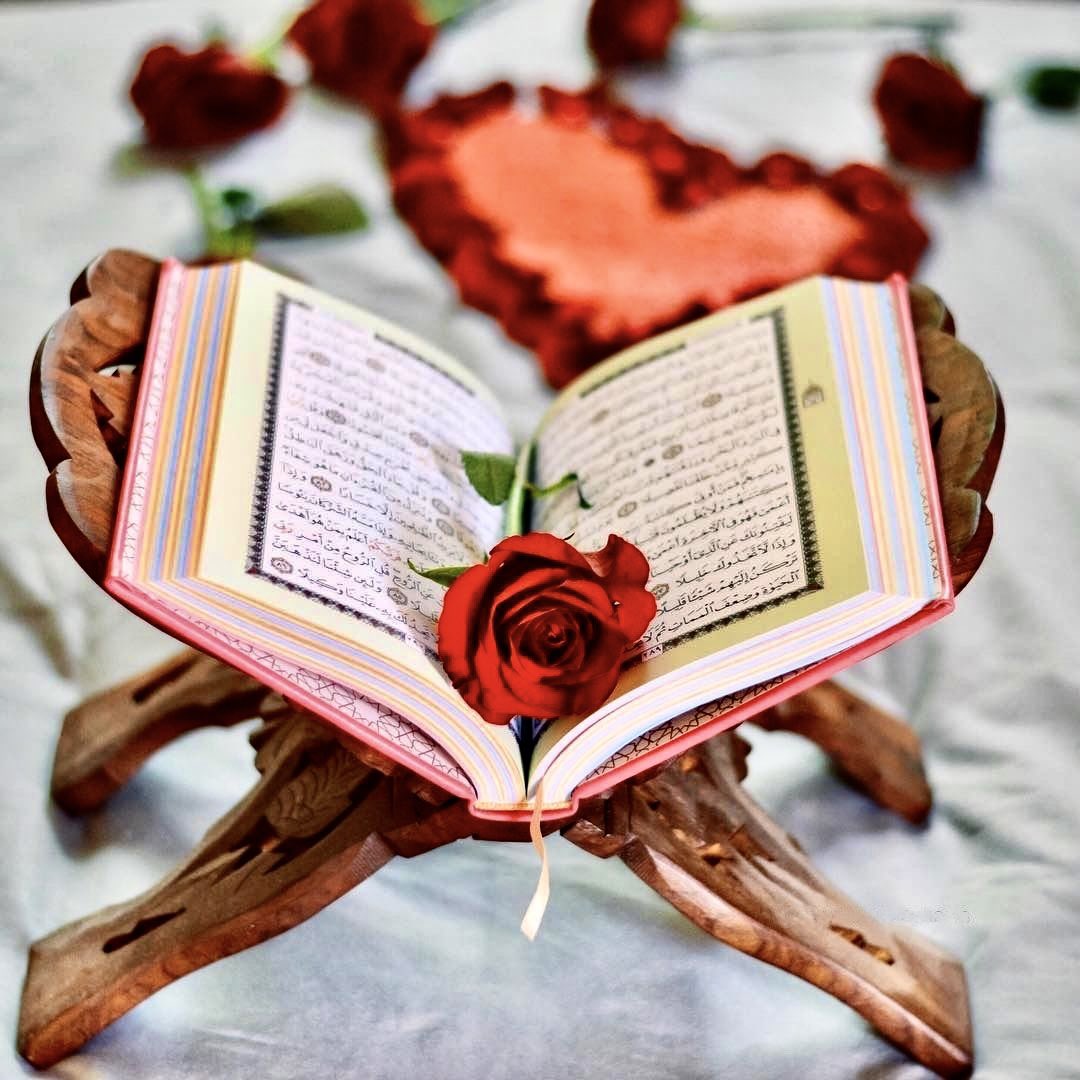
1/ Surah Al-Kahf is the 18th Surah of the Quran. Comprised of 110 verses and translating to "The Cave", it is considered by many to be among the most important Surahs in the entire Quran 

2/ All of the Surahs in the Qur’an are important, however few can rival the contents of Al-Kahf when it comes to doctrine, spirituality, guidance, and even storytelling. 

3/ In fact, Surah Al-Kahf is so rich in content that the Prophet Muhammad ﷺ himself commanded his followers to read it every Friday. 

4/ “Abu Sa'id Al-Khudri reported: The Prophet Muhammad ﷺ said 'Whoever recites Surat al-Kahf on Friday will have a light between this Friday and the next.'"
-As-Sunan al-Kubra
-As-Sunan al-Kubra

5/ Surah Al-Kahf includes four historical stories, which Muslims derive many lessons from.
- The Story of the people of the cave
- The Story of the man who owns two gardens
- The Story of Musa and Al-Khidr
- The Story of the Dhul Qarnayn (A Righteous King)
- The Story of the people of the cave
- The Story of the man who owns two gardens
- The Story of Musa and Al-Khidr
- The Story of the Dhul Qarnayn (A Righteous King)

6/ The Story of the people of the cave – A Trial of Faith
About a number of young men who were driven out of their homes because they believed in Allah. They hid in a cave where Allah made them sleep for many years. When they woke up they felt they slept for a day or half a day
About a number of young men who were driven out of their homes because they believed in Allah. They hid in a cave where Allah made them sleep for many years. When they woke up they felt they slept for a day or half a day

7/ One of them went to the town to get some food disguising himself thinking that the people would recognise and harm him. Only to find himself amongst a different people. 

8/ The people of the town were amazed at his appearance of this man and the old coins he was using. The story shows us how Allah protects the righteous who believe in Him no matter how hard their situation is. 

9/ The Biblical version of the story is called ‘The Seven Sleepers of Ephesus”, however, the Qur’an doesn’t mention the number of those who were in the cave. 

10/ The Story of the man who owns two gardens – A Trial of Wealth
This is a story about a man who owned two beautiful gardens, but he became arrogant and told his friend “I am greater than you in wealth and have more servants and attendants and children!!” (Quran 18:34)
This is a story about a man who owned two beautiful gardens, but he became arrogant and told his friend “I am greater than you in wealth and have more servants and attendants and children!!” (Quran 18:34)

11/ The man forgot to be thankful for the bounties Allah has bestowed upon him, hence Allah destroyed his gardens. Muslims believe this story is a lesson to those who have pride & arrogance, forgetting that all that they have is a gift from Allah swt 

12/ The Story of Musa and Al-Khidr – A Trail of Knowledge
It is an illustration of knowledge, wisdom & mystery, revealing how Allah (SWT) grants knowledge to who He wishes. It also symbolizes the worth of Allah’s wisdom in every event which may appear otherwise to the human mind
It is an illustration of knowledge, wisdom & mystery, revealing how Allah (SWT) grants knowledge to who He wishes. It also symbolizes the worth of Allah’s wisdom in every event which may appear otherwise to the human mind

13/ Prophet Muhammad ﷺ said: “Once Moses stood up and addressed Bani Israel. He was asked who the most learned man amongst the people was. He said: “I.” Allah reprimanded him as he did not attribute knowledge to Him (Allah). 

14/ So, Allah said to him: “Yes, at the junction of the two seas there is a slave of Mine who is more learned than you.” Moses said: “O my Lord! How can I meet him?” So Allah instructed Musa as to where to find the man who was known as “Al-Khidr”-The Green One. 

15/ Musa goes on a journey with Al-Khidr where he learns that Allah bestows his knowledge on whoever he wishes. Nobody should ever feel he/she is the most knowledgeable, as all knowledge belongs to Allah. Hence, Al-Khidr says, “…And I did it not of my own accord…” (Quran 18:82) 

16/The salient teaching of this story is that whatever befalls mankind stems from wisdom and goodness. Allah (SWT) states in Quran 2:216 “…It is possible that ye dislike a thing which is good for you and that ye love a thing which is bad for you. But Allah knows and ye know not” 

17/ The Story of the Dhul Qarnayn – A Trial of Power
Dhul Qarnain was a righteous and just king, who traveled the lands from West to East. The Qur’an mentions three of his journeys. On his last journey, he reaches a place between two mountains where he met a tribe of people.
Dhul Qarnain was a righteous and just king, who traveled the lands from West to East. The Qur’an mentions three of his journeys. On his last journey, he reaches a place between two mountains where he met a tribe of people.

18/ They asked him to build a wall between them and the people of Gog and Magog “Ya’juj and Ma’juj” who were causing mischief in the land. 

19/ Dhul Qarnain agreed to do so. Dhul Qarnayn was not proud of his achievements, in fact, the Quran mentions that after he built that Great Wall… 

20/ “He said: ‘This is mercy from my Lord. But when the promise of my Lord comes to pass, He will make it level (with the ground), and the promise of my Lord is ever true’.” (Quran 18: 98) 

21/ Surah Al-Kahf introduces the commandment of remembering Allah when making plans, through the declaration "Inshallah". Today, this is a cornerstone of the Muslim religion. 

22/ "And never say of anything, 'Indeed, I will do that tomorrow,' except [when adding], 'If Allah wills.' And remember your Lord when you forget [it] and say, 'Perhaps my Lord will guide me to what is nearer than this to right conduct.'"
-Quran, 18:23 - 24
-Quran, 18:23 - 24

23/ Muslims are encouraged to precede any plans and intentions with the word "Inshallah". Only by doing so can we remind ourselves that even the most carefully laid plans cannot come to fruition without the will of Allah. 

24/ An important lesson from Surah Al Kahf is a rejection, a loss or a delay isn't always a deprivation, it is indeed Allah’s swt divine help to protect you, give you better and reward you
Alhamdulillah
Alhamdulillah

• • •
Missing some Tweet in this thread? You can try to
force a refresh


